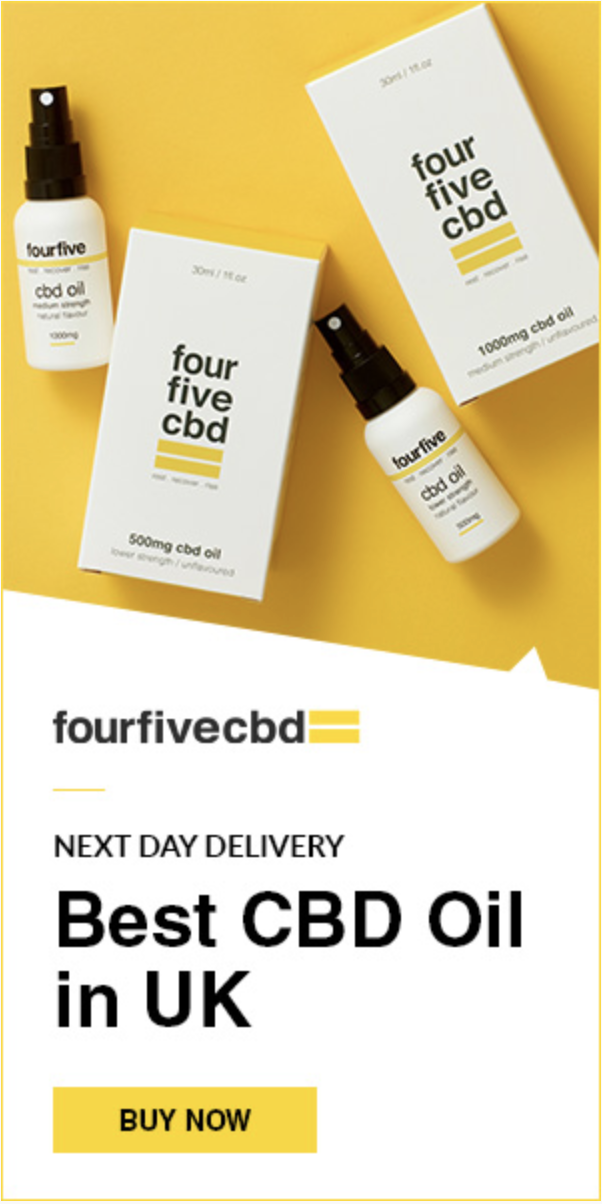
Protect your teens from these BANNED fitness trends
Almost half (47%) of parents discuss the dangers of social media with their children at least every few weeks.
With health related topics among the most commonly falsified or misleading on TikTok, precaution must be taken when using such content as a source of trusted information, especially for children and adolescents.
Keen to find out more, Live Football Tickets have investigated which TikTok fitness trends may in fact be bad for your health, and how to know which advice is safe to follow within the overwhelming algorithm of social media.
Live Football Tickets also partnered with Fitness Coach Donna Callander, to comment on the popular fitness trends, and advice worth sharing with your children who engage with social media.
Five TikTok fitness and health trends that may cause harm
-
Weight loss gummies
TikTok uses its influential content creators and enormous user base to sell products, often promoting weight loss items that are dubbed as quick fixes.
A common product advertised by content creators is ‘weight loss gummies’, mainly consisting of apple cider vinegar.Apple cider vinegar has been trending as a means of weight loss, fat reduction, and reducing appetite. However, numerous reports have stated that it is not in fact helpful for weight loss, and instead comes with cautions. For example, apple cider vinegar is highly acidic, which may trigger irritation or damage to your throat if you drink it often or in large amounts.
Donna Callander says: Being safe on TikTok and any other social media is ensuring that you are very aware that influencers are there to do just that - influence and sell, that is their job. They will show you before and after challenges for example, but you have no idea what they are doing off camera
There are very few studies that I’m aware of that actually show a link between apple cider vinegar and weight loss. It’s ’meant’ to reduce appetite because it creates a fuller feeling due to Acetic acid being a short-chain fatty acid that dissolves into acetate and hydrogen in your body. There has to be a certain percentage that is in the apple cider vinegar in the first place to create that fullness feeling and the chances of this are slim.”
-
AI planned workouts
Although AI planned workouts may seem like an easy and quick plan of action, it is not a one size fits all approach. There are many factors that must be considered when planning a workout such as age, strength, and the status of your health and body. Additionally, ads promoting these tools will use AI generated figures demonstrating before and after results - these are not realistic, and must be interpreted with caution.
“My top tips would be to always consult a doctor or qualified nutritionist before starting any new fitness regimes or diet to ensure that whatever you have chosen is right for you.
There are lots of AI social media ads for various challenges like wall Pilates which seems to be hugely popular at the moment and whilst there is nothing wrong with AI (in fact as a marketer I welcome it), you need to be aware that the results the advert is showing is not a real person therefore comparison can be dangerous. Ensure that if you are looking at adverts and they are AI, do not fall into the trap of thinking that you will get the same results shown by the AI model.”
-
30-day Summer challenge
This trend is used by fitness influencers, who tailor the plan to their audience with the promise of a transformed body in 30 days. Viewers are told to follow strict and extensive workout regimes, meal plans, and lifestyle amendments that can lead to burnout, injury and unhealthy relationships with food. Although bodily changes can be apparent in the first month of working out and dieting, a drastic change is unrealistic in this window and the intensity of these plans can be harmful, especially to those who don’t already schedule in fitness.
Fitness Coach, Donna Callander says: “The positive here is that it takes around 21 days to build a habit, so in theory you could then pick up some positive habits here and it mixes health, exercise and growth. However, what is the end goal? What is the diet? How do people choose it? That is a dangerous road as people are choosing something to alter their food or their exercise regime based on social media as opposed to whether it is right for them.”
-
BANNED: 30-day Gallon Water Challenge
This TikTok health trend which had accumulated over 15 million views, can now no longer be searched by users - instead showing a warning message, blocking results. The aim of this is to drink a gallon (4.5 litres) of water every day for 30 days. Whilst many claim the benefits are less bloating, glowing skin, and increased energy levels, the safety of this amount of water consumption is worth considering.
Callander states: “It’s important to drink water as part of a healthy diet and avoid fads and challenges unless you have consulted your doctor, because suddenly adding too much of anything to your body without balancing things out can have consequences. Whilst dehydration is usually a more common issue, hyperhydration or overhydration can equally cause issues such as a cloudy thinking, nausea and vomiting, muscle weakness, spasms or cramps and headaches.”
-
BANNED: Dry scooping pre-workout powder
Dry scooping pre-workout powder quickly became a trend across TikTok boasting more than 8 million views, with people believing that it can help the powder absorb more quickly into their system - offering greater enhancements to their workout performance. Again, searching this within the app leads to a safety message, reading “some challenges can be disturbing, dangerous, and even fabricated”.
The risks of dry scooping can include choking and difficulty breathing, as well as more severe outcomes such as abnormally elevated heart rate due to an excessive intake of caffeine.
Callander comments: “As far as I am aware there are no real benefits to dry scooping. You tend to see videos of those trying it ending up in coughing fits which is usually down to them accidentally ingesting it as opposed to swallowing it. It is something that is for likes or follows on TikTok as opposed to something that general people should be trying.”
Methodology:
- Live Football Tickets sought to find out which TikTok fitness trends could actually be bad for your health.
- To do this, they scoured multiple reputable websites such as www.eatingwell.com, shape.com and sheknows.com.
- They then partnered with expert fitness coach Donna Callander, to provide comments on the trends, their downsides, and how to distinguish between accurate fitness advice and risky advice online.
- Research was carried out June 2024, and is accurate as of then.












